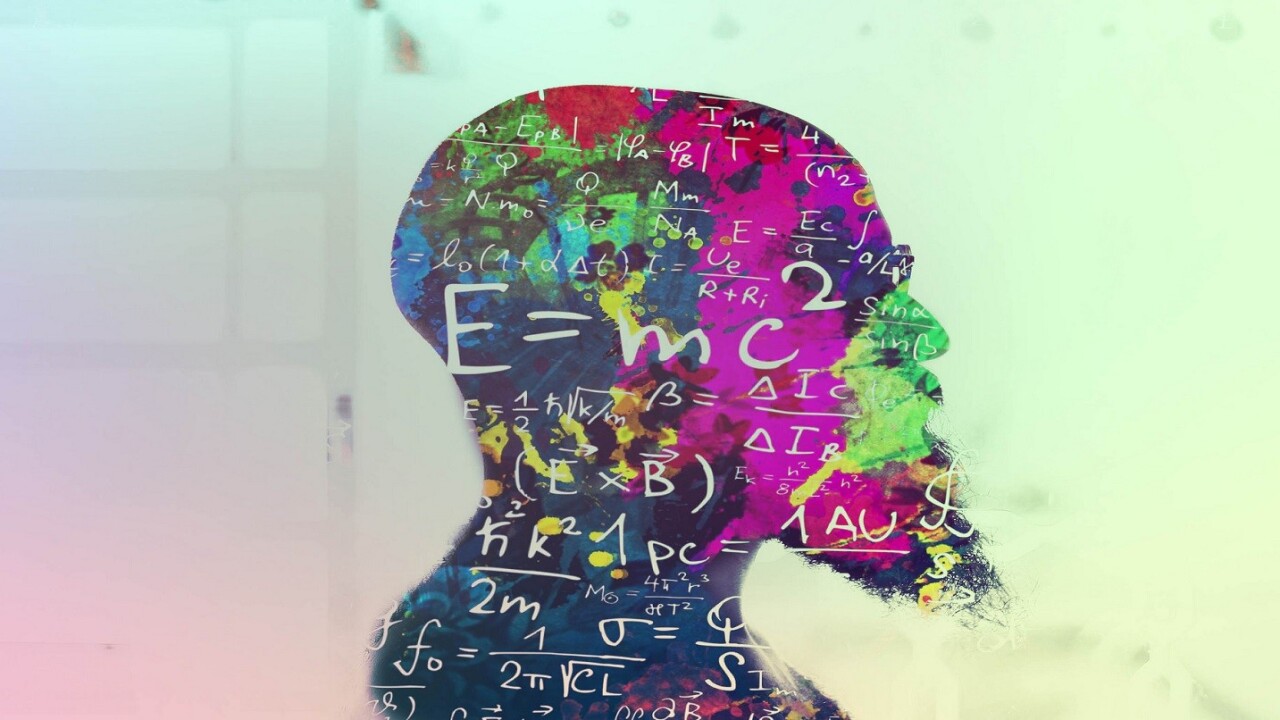
At 100 qubits a single quantum computer processor would, theoretically, be more powerful than all the supercomputers on the planet combined. We may be closer to that milestone than you think and the world isn’t ready.
Quantum computers are spooky devices that don’t follow the normal rules of physics. Instead of bits, like classical computers, they use qubits. You can read our primer on the topic here.
One of the biggest barriers to advancing quantum computer hardware is dealing with all the noise generated by those qubits, they’re hyperactive compared to regular bits, so it’s hard to figure out what’s going on with them.
But a series of advancements in error-correction and noise-supression have recently paved the way forward. And, if history is any indicator, we can expect a usable 100 qubit processor as early as this year.
What’s this mean?
As far as doom and gloom goes, the people screaming about killer robots might have it wrong. The Washington Post reports “quantum computers may be more of an imminent threat than AI.”
Quantum brute-force would, theoretically, make classical encryption obsolete. And that means we need to prepare the current computers and networks for entirely new methods of encryption, something that’ll take a lot of time and money.
So if you’re looking for a new career, consider post-quantum cryptography. It’s likely to be a popular and lucrative field sooner than most people think.
The current state of quantum computing is a bit polarizing and it’s pretty difficult to figure out how far we are from that future though.
Experts and pundits are quick to point out that quantum computers are extremely fragile and require massive amounts of infrastructure just to operate. And at their level-best they’re nowhere near as useful as a binary system yet. In other words: don’t hold your breath.
But, just as political experts sometimes get their predictions wrong, technology pundits have been known to miss the mark on cutting-edge research too – none of us can predict the future.
In May of 2016 a physicist and associate writer for Ars Technica, Chris Lee, reported on IBMs then newly announced 5 qubit system. In his article he concluded:
In any case, five qubits is still too few to do anything useful. But, if you think you might have a good reason to use quantum computing in the future, I suggest you register and play around, because IBM has a very aggressive timetable for scaling: it expects to hit between 50 and 100 qubits within the next decade. At 50 qubits, IBM will be able to do useful stuff. That means useful qubit numbers should be coming within five years and toys that do neat tricks a couple of years later.
Then just 12 months later IBM unveiled a 17 qubit system.
If quantum computing technology (in general) followed Moore’s Law – an observation that CPUs for classical computers tend to double in power every 18-24 months – we should expect a 30 or 40 qubit system next year.
Only, IBM created a working 50 qubit system last year too. In fact, the company rolled it out at CES last month and showed it off to the world.
Realistically, a functional 100 qubit system could be announced before you finish reading this sentence. And, then again, it may take years, decades or never even happen at all. It also may not even matter because there’s no guarantee that 100 qubits is the magic number that’ll change everything. It could be 500 or a 1000, none of this has ever been done before.
The only thing anyone seems sure of, when it comes to quantum computers, is they are hard to build and harder to maintain. Conditional requirements like the need for near-perfect-zero temperatures means the hardware has to reside in a laboratory, for now.

But, we’d also like to point out that companies like IBM have experience with this sort of thing. Mainframe computer systems took up entire rooms in the 70s and 80s and had less power and storage than even the most modest of smart phones today.

The question isn’t whether or not quantum computers will change things, because they will. It’s a matter of how long we have before it happens.
At this point it’s probably conservative to say that someone will reach 100 qubits within a few years. And, as far as predictions go, it doesn’t sound crazy to think a company such as IBM, Microsoft, or Google will have a useful quantum computer for sale in the next decade.
Quantum computers, theoretically, will help us find cures for disease, enable future technologies like intergalactic space travel, and potentially lead to sentient AI.
But before those things happen we’ll probably have to face the complete and total disruption of computer science as we know it.
Get the TNW newsletter
Get the most important tech news in your inbox each week.





